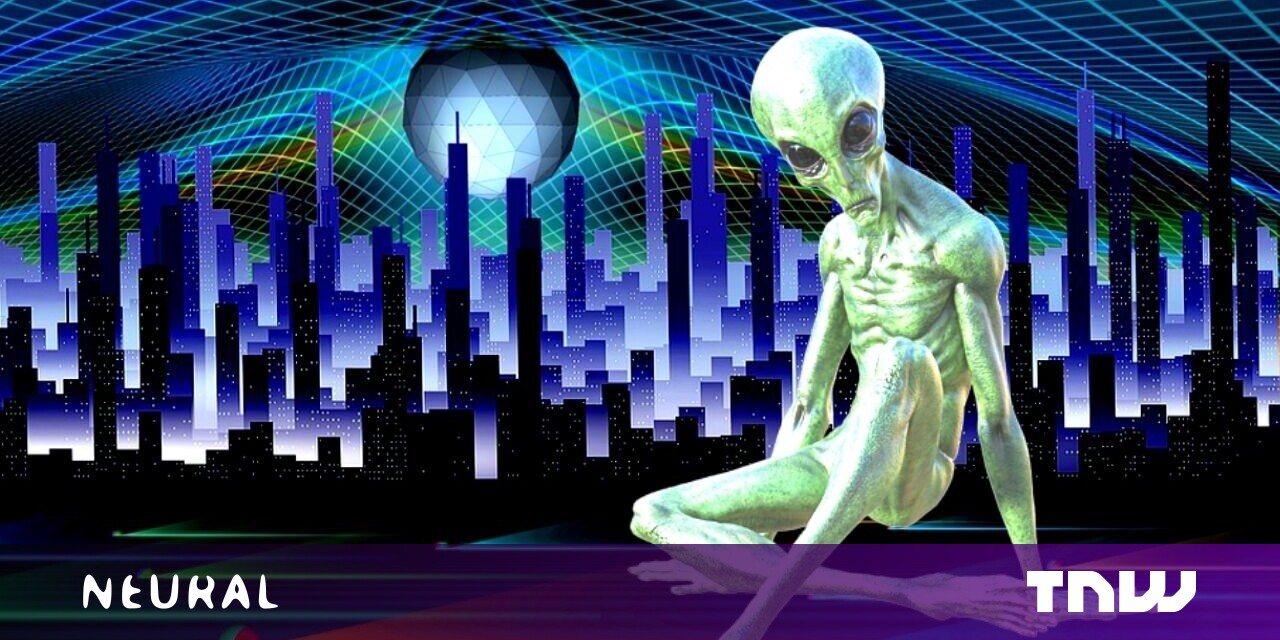#New ‘burnout’ theory explains why aliens are avoiding Earth

Table of Contents
“New ‘burnout’ theory explains why aliens are avoiding Earth”
“Where is everybody?”
His query has been immortalized in the Fermi paradox.
The theory contends that there’s a conflict between the apparent absence of aliens and the probability that they exist.
Proponents note that the universe is about three times older than our solar system, and contains more than a billion trillion stars. If stoopid humans can travel to the moon, why haven’t intelligent extraterrestrials paid us a visit?
A pair of astrobiologists this week proposed an answer: alien civilizations get so advanced and large that they can’t handle interstellar travel.
Dr Michael Wong, of the Carnegie Institution for Science, and Dr Stuart Bartlett, of the California Institute of Technology, describe this crisis as “asymptotic burnout.”
Societies reach this point when their energy demands become unsustainable. They then face a stark choice:
“Civilizations either collapse from burnout or redirect themselves to prioritizing homeostasis, a state where cosmic expansion is no longer a goal, making them difficult to detect remotely,” the scientists hypothesize in Royal Society Open Science.
Planetary civilizations can divert these catastrophes through technological resets — but this merely delays the inevitable.

Aliens civilizations that are near to burnout could be the easiest to detect.
“They would be altering their environments and dissipating free energy in a wildly unsustainable manner, [producing] fluctuations on the planetary scale that exhibit the largest signal-to-noise,” say the study authors.
“This presents the possibility that a good many of humanity’s initial detections of extraterrestrial life may be of the intelligent, though not yet wise, kind. “
Wong and Bartlett admit that their hypothesis has a significant shortcoming: there isn’t any real evidence for the idea.
Their theory merely draws on laws of life on Earth, which may not apply to other planets.
Perhaps the first victim of asymptotic burnout will be humanity.
If you liked the article, do not forget to share it with your friends. Follow us on Google News too, click on the star and choose us from your favorites.
For forums sites go to Forum.BuradaBiliyorum.Com
If you want to read more like this article, you can visit our Technology category.




